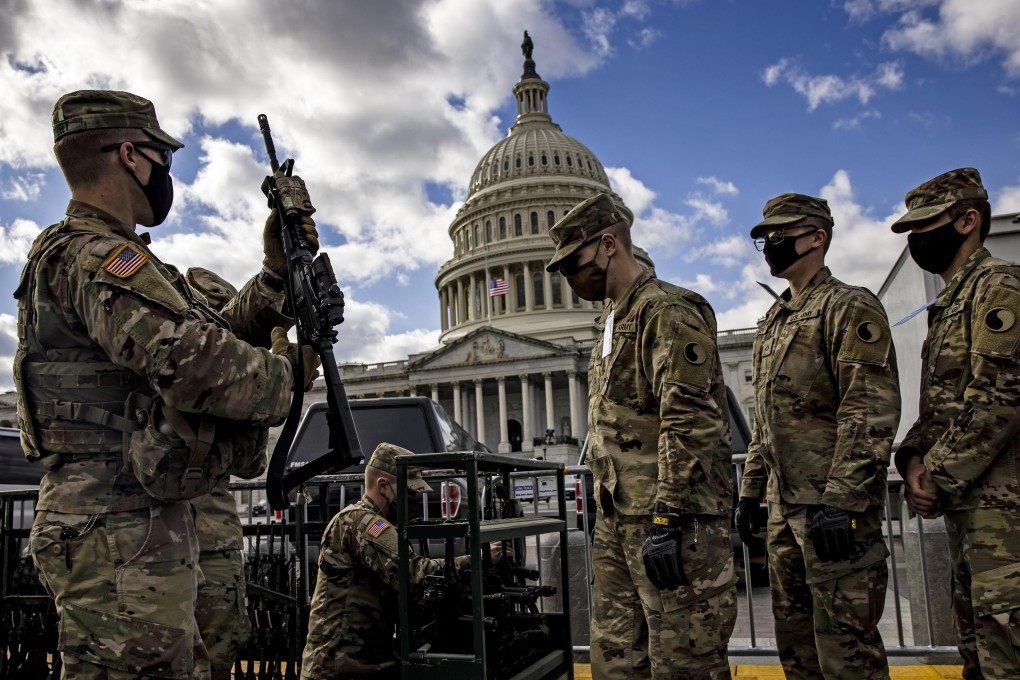Did Nepal’s China-India balancing act cause it to ditch the US-run SPP security initiative?
- The US embassy in Nepal was at pains to emphasise that the State Partnership Programme ‘is not and has never been’ a security or military alliance
- Nepali MPs weren’t convinced. And New Delhi likely shared Beijing’s concerns about an increased US military presence in the region, analysts say

After weeks of swirling rumours, Kathmandu late last month announced its intent to walk away from the State Partnership Programme.
The SPP, which the US embassy in Nepal was at pains to emphasise “is not and has not ever been a security or military alliance”, would have allowed military-to-military training and education in support of “common defence and security goals” as well as broader cooperation in areas such as natural disaster response. The programme is run by the National Guard, the US military’s reserve force.

Nepal Prime Minister Sher Bahadur Deuba is set to visit the US later this month, sparking speculation of how the two countries will move past this hump in the road.
China’s nationalist Global Times tabloid has reported that the pair are likely to sign an arms agreement worth some US$19.8 million during Deuba’s visit, but neither side has confirmed this yet.
‘We should stay away from powerful countries’
The SPP traces its roots to the fall of the Iron Curtain and was initially devised as a way of minimising instability and encouraging democratic governance in former Soviet states.
